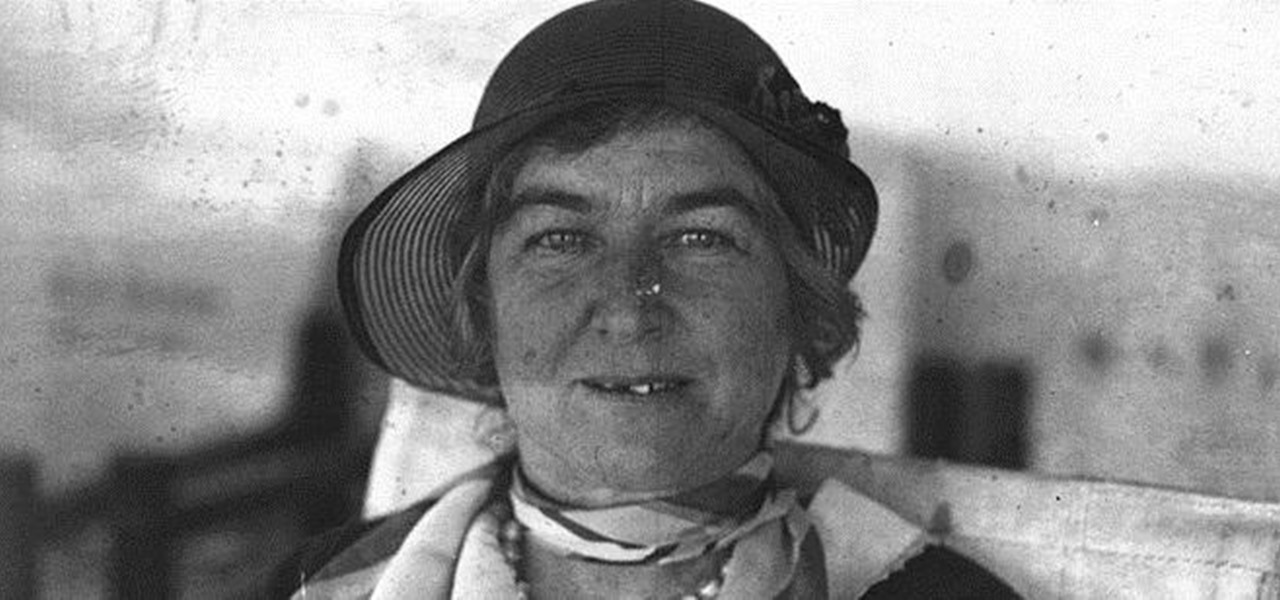Life has many perils: parasites, predators, and pitfalls. Eventually, any organism will succumb, and if that organism has not first passed on its genes, those genes will face extinction.
So, we are designed to procreate while young. Some genes will help us early in life, but hurt us later on. Testosterone, for example, improves reproductive odds when men are young, but increases the risk of prostate cancer later.
Some animals, such as elephants and tortoises, have fewer predators than others, such as mice and insects. So the genes in those animals with few predators will face a different trade-off than those in animals with many predators.
With many predators, it makes sense to sacrifice long lives in return for youthful vitality. With less predators, it makes sense to favor longevity.
This theory is supported by observations made by Steven Austad, who points out that opossums, with many predators, live roughly two years before their bodies fall apart, except where they have been isolated for 10,000 years on predator-free Sapello Island and live much longer.
So now we see why almost to a rule larger animals tend to have longer lifespans than smaller animals, and why the exceptions, primarily flying creatures such as the fulmar petrel, have relatively few predators.
Now recall that while men such as Genghis Kahn can have a tremendous number of children, women cannot. So males compete like crazy for access to female eggs, and the genes of males who fail in this competition die out.
For men, because the stakes are higher, they must take more risks or face extinction. The evolutionary pressure is thus much greater on males than on females. As a result, in men, genes that increase the chance of winning the mating game are selected for even if those same genes lead to shorter lifespans.
Women, who have significantly less variance in their fecundity, do not face the same evolutionary pressure when young, and therefore are free to live longer lives, roughly seven years longer on average.
At this point, you are no doubt wondering about menopause. Be patient, we'll get to that another day.
References:
- "Evolutionary psychology: the new science of the mind", 2012 book by David M. Buss, pages 98-9
- "Genome" 2006 book by Matt Ridley, pages 200-2
- "Antagonistic pleiotropy as a widespread mechanism for the maintenance of polymorphic disease alleles", 2011 article by Carter, Ashley and Nguyen, Andrew Q. in Medical Genetics
- "Why we age", 1997 book by Steven Austad
- "Pleiotropy, natural selection, and the evolution of senescence", 1957 article in Evolution, pages 398-411
Just updated your iPhone? You'll find new emoji, enhanced security, podcast transcripts, Apple Cash virtual numbers, and other useful features. There are even new additions hidden within Safari. Find out what's new and changed on your iPhone with the iOS 17.4 update.


































Be the First to Comment
Share Your Thoughts